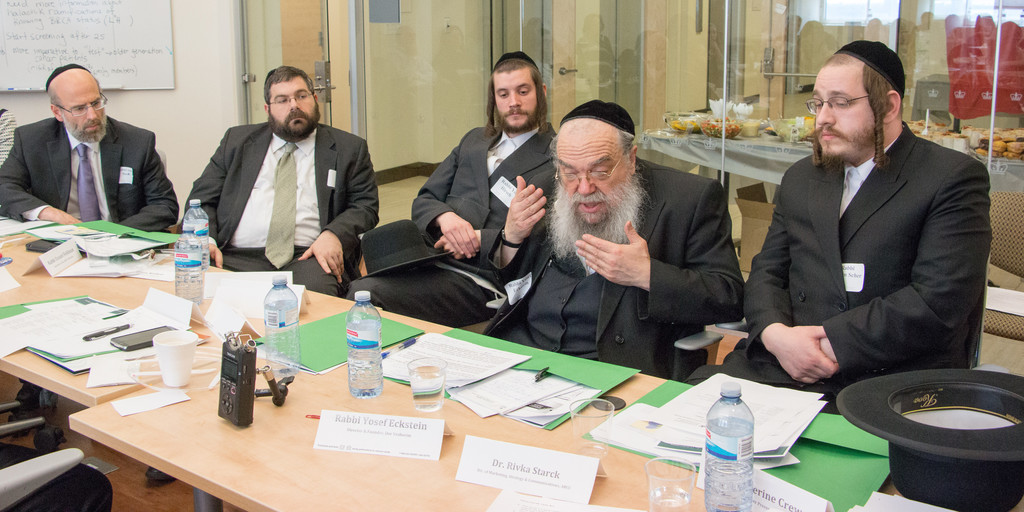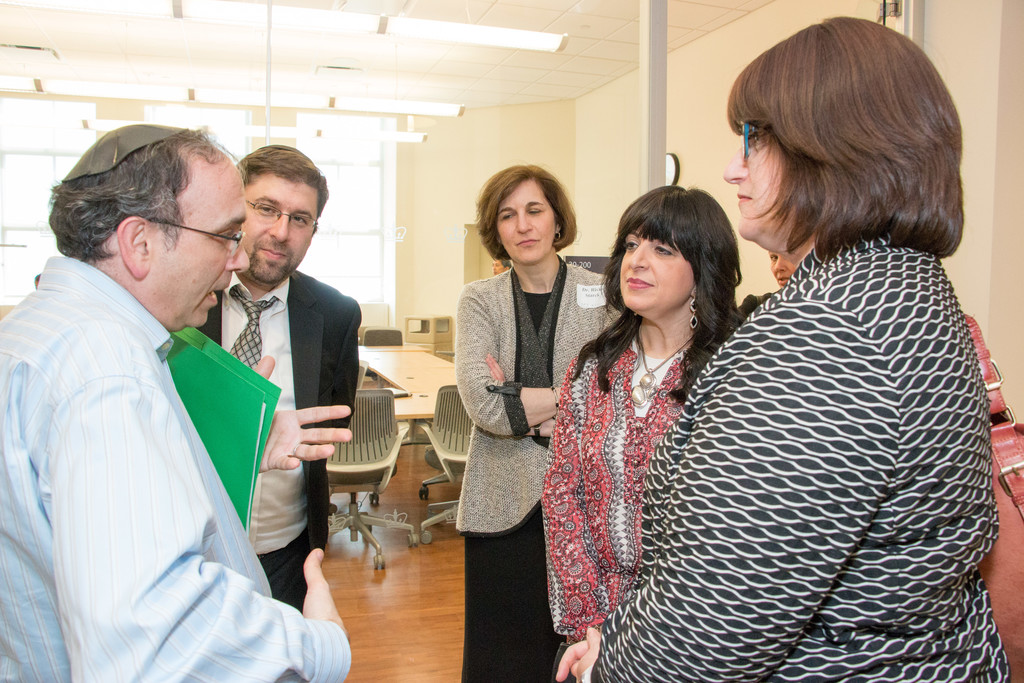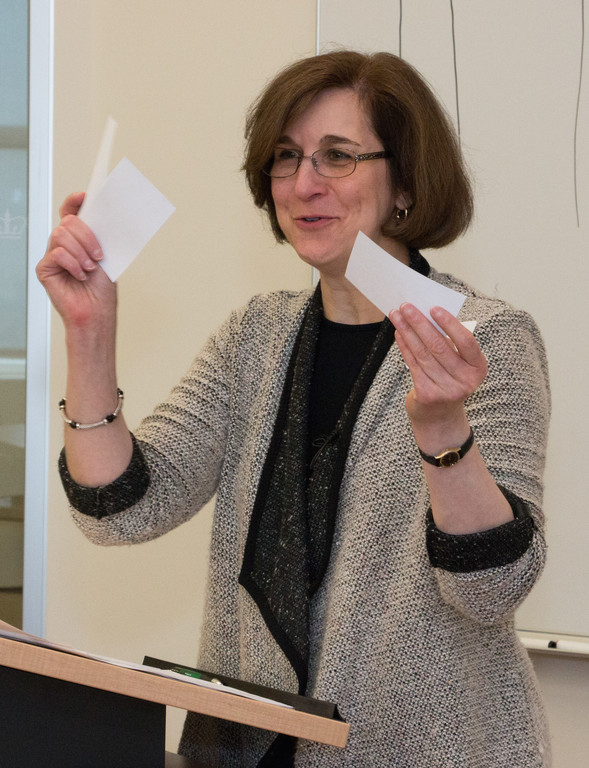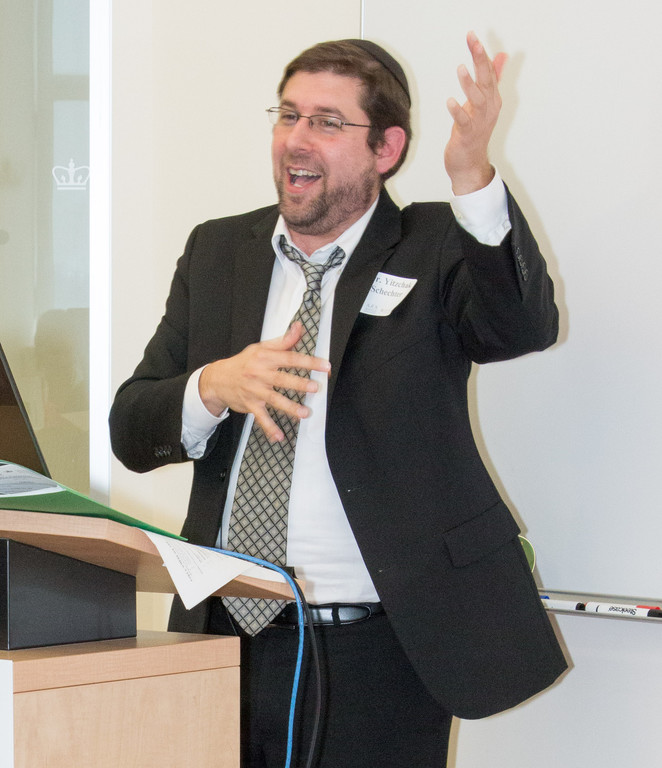Rabbis, doctors confer over women’s cancers
“Choose life.”
Forty people from across the Orthodox spectrum and beyond struggled with what that edict means when trying to stem the high incidence of breast and ovarian cancer, and of the BRCA (breast cancer) gene mutation, in the Orthodox community.
The Institute for Applied Research and Community Collaboration (ARCC), in partnership with Columbia University Medical Center (CUMC), hosted a half-day “Stakeholders Dialogue” among a cross-section of community leaders including rabbonim, shadchanim and educators; medical experts, researchers, geneticists and medical advocacy organizations; and community lay-representatives.
The meeting’s purpose was two-fold. First, to develop a shared understanding of the high women’s cancer risk levels to which our community is subject, and of the corresponding halachic and sociocultural factors which influence and shape community response. Secondly, to start a conversation toward developing coordinated community policies and interventions to prevent women’s cancer-related illness, and to reduce the related mortality rate within our communities.
The meeting grew out of ARCC and CUMC’s joint efforts to conduct Community Based Participatory Research (CBPR) in order to address this critical Orthodox Jewish public health issue.
Katherine Crew, MD, Assistant Professor of Medicine and Director of the Clinical Breast Cancer Prevention Program at CUMC, presented a medical overview of the risk factors of breast cancer and the BRCA genetic mutations. She explained that while only 1 in 400 women in the general, non-Jewish community carry the BRCA gene mutation, that rate is 1 in 40 within the Ashkenazic Jewish community — and for those who do carry the BRCA gene, the lifetime risk of breast or ovarian cancer can be as high as 60 percent.

 44.0°,
Mostly Cloudy
44.0°,
Mostly Cloudy 











